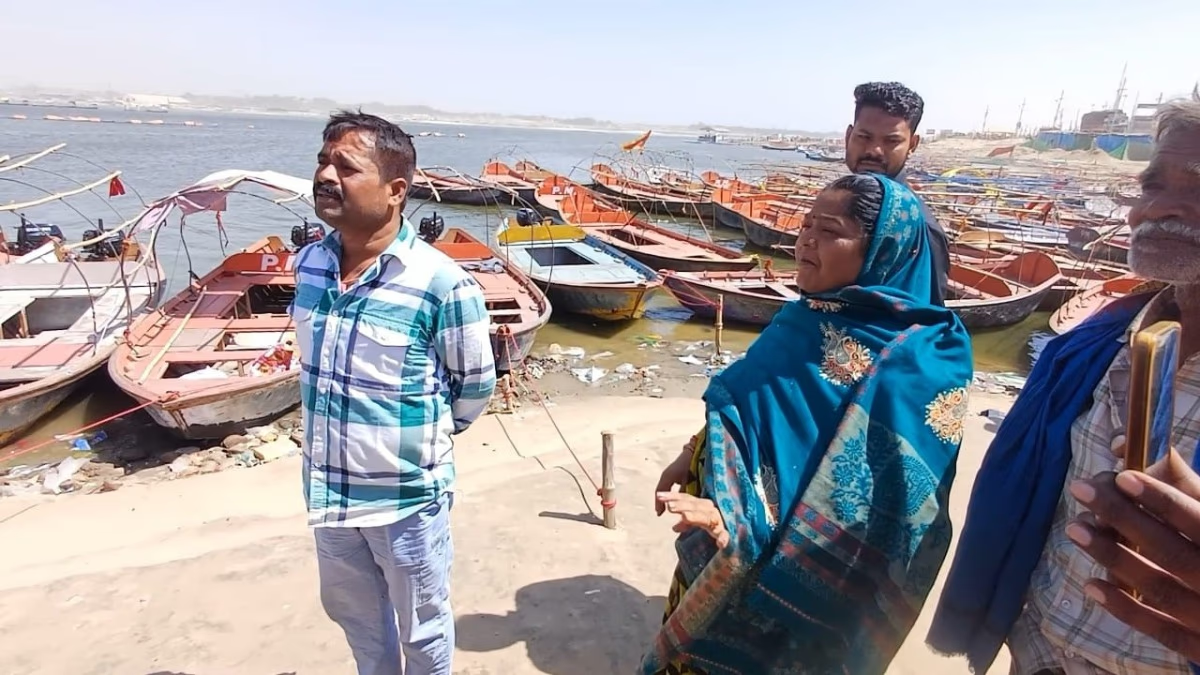The rising pollution in Delhi-NCR is a matter of grave concern, often attributed to stubble burning in Punjab. While the government claims a 70% reduction in such cases, farmers present a different perspective. On one hand, authorities discourage burning; on the other, farmers argue: if not burnt, what should they do with the stubble?
Without burning, farmers face the dilemma of handling stubble. Machines like Super Seeders were introduced to facilitate tilling without burning, allowing sowing amidst leftover stubble. However, in Punjab, these machines are now being sold off as scrap due to their prohibitive cost, even after subsidies. Moreover, farmers claim these machines are ineffective, as avoiding burning results in pests like a worm that can destroy up to 80% of the next wheat crop.
Farmers Not Using Machines Even After Subsidies
Today, our team arrived at a cooperative society in Sangrur. Four rusting Happy Seeder and Super Seed machines lay idle. However, farmers are reluctant to use them, new plans are underway to sell these as scrap.
Machines Gathering Dust
A local officer explained that the machine has been here for five years. Effective in the first year, it failed in subsequent years, unused since. Now, they're to be sold as scrap. Although the government provides these machines with heavy subsidies to curtail burning, the price remains a barrier. We asked for the price and were told it's Rs 50 per kilo.
Our reporter also discussed purchases with a scrap dealer.
Reporter:
How much to take this to UP?
Scrap Dealer:
Depending on negotiations, Rs 35,000–50,000. If dismantled, Rs 50 per kilo.
Reporter:
How long have they been here? Are they damaged?
Scrap Dealer:
No damage, sir, they just arrived.
Reporter:
Were they sold by a farmer?
Scrap Dealer:
Yes, from a landlord's house.
Reporter:
No loans on them?
Scrap Dealer:
No loans, sir.
These machines are also advertised on social media. In Bathinda’s cooperative society, machines collect dust due to farmer apprehensions. They believe not burning stubble allows the pink worm pest to damage the next wheat crop, rendering even scientific methods of integrating stubble into soil ineffective.
'Without Burning, Pests Damage the Next Crop'
Tejinder Pal, a farmer, shared, 'We didn't burn stubble and faced pest issues. Those who did not face any bug problems. Stubble was compacted using the seeder, which resulted in pest infestations; however, fields that were burned faced no such issues.
Farmers argue that the limited timeframe between harvesting paddy and sowing wheat leads them to burn stubble to save time, as other methods extend the process, delaying the next crop.




